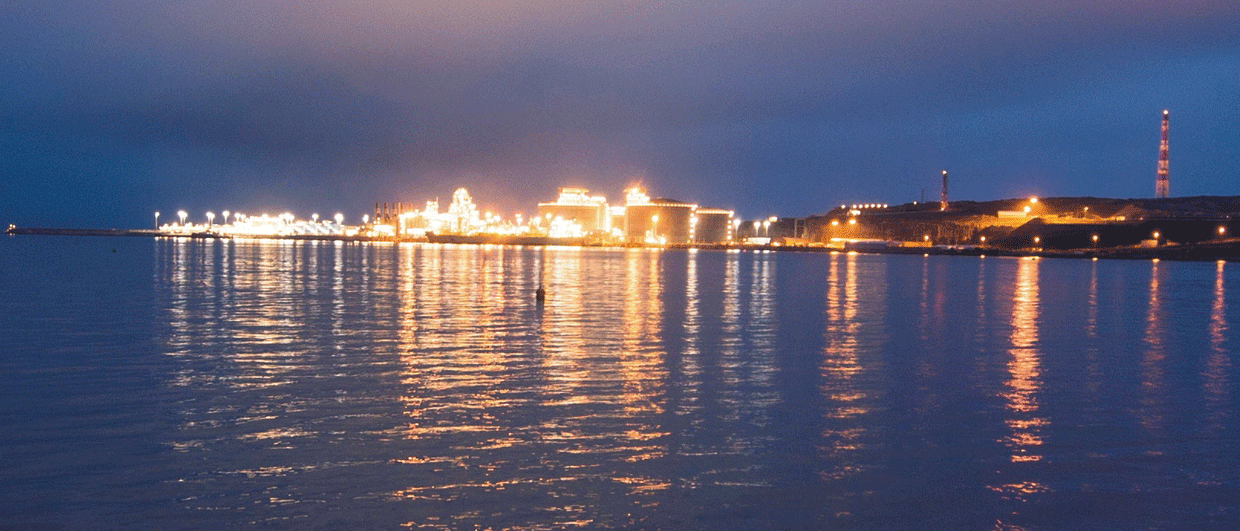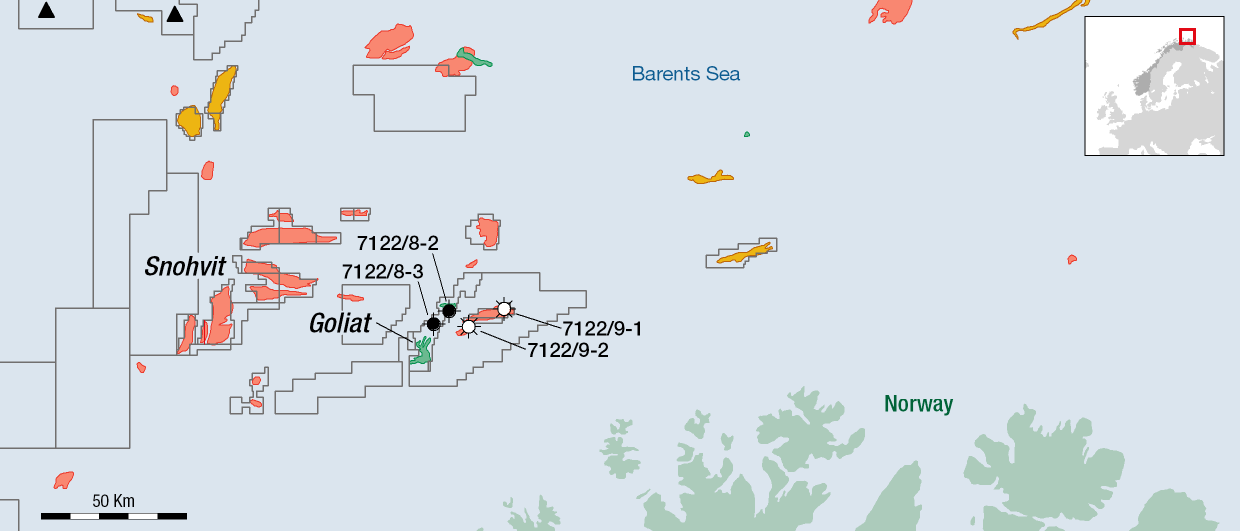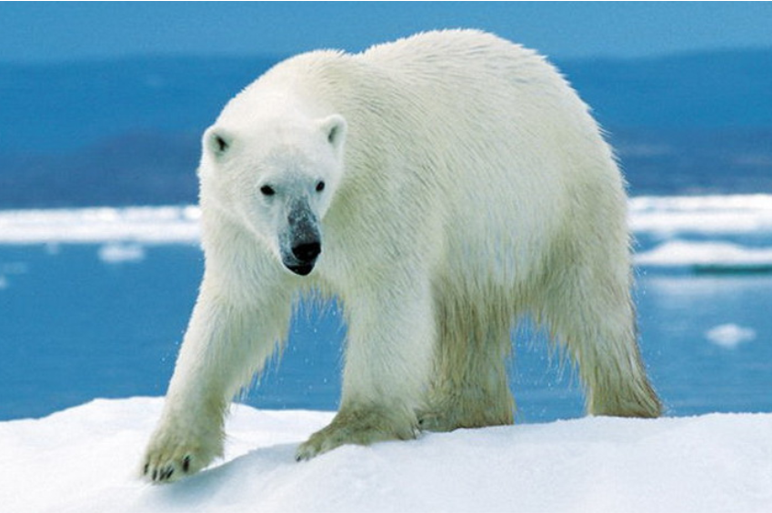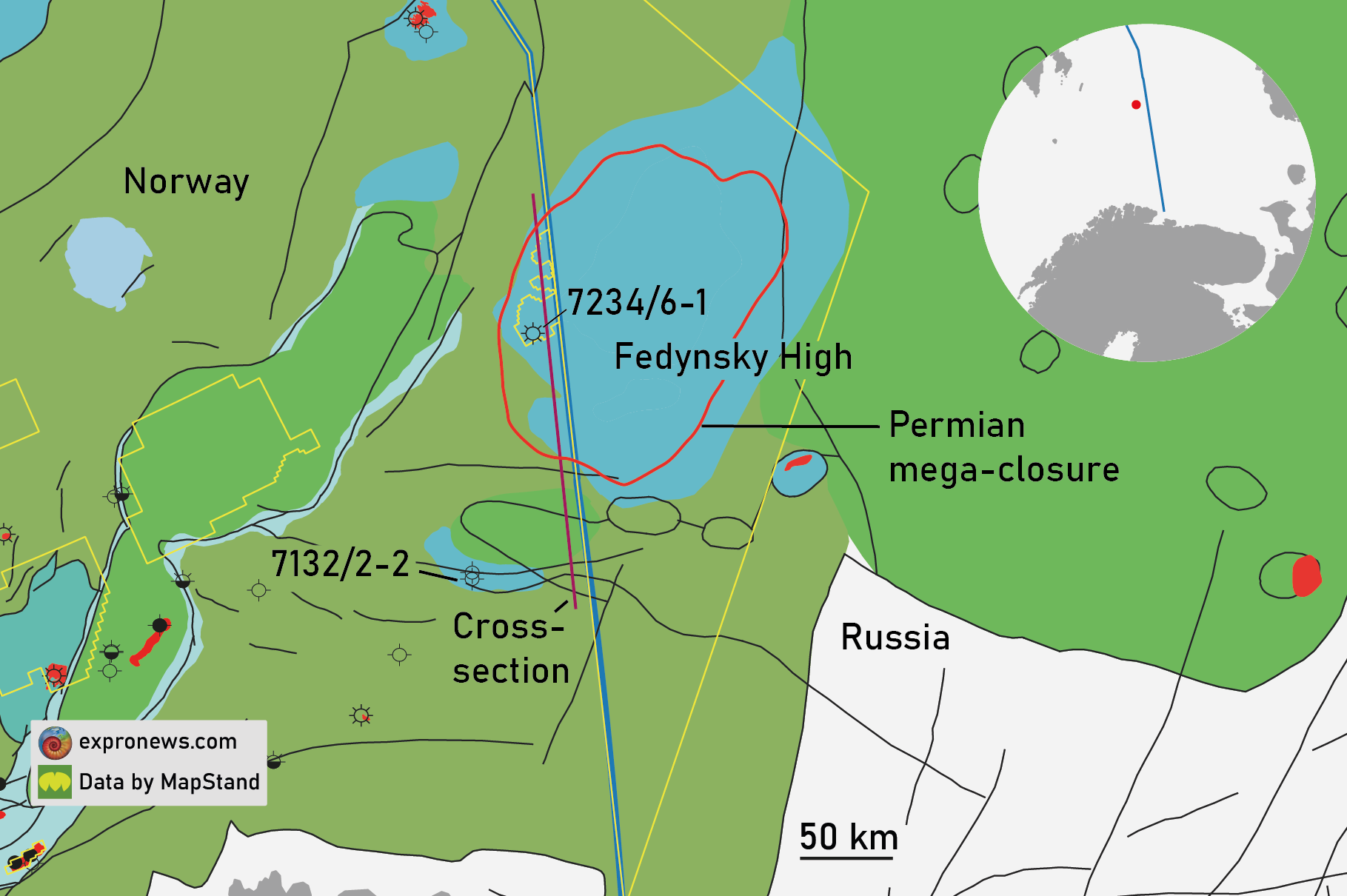“We have practically never looked for gas in the Barents Sea. All exploration wells have had oil as their target, and all discoveries of gas have been accidental”, said Dag Mustad, Asset Manager at Aker BP when he gave a lecture during the conference NCS Exploration – Recent Discoveries at Fornebu in May.
Snøhvit is the only gas field in operation in the Barents Sea, but the Goliat, Johan Castberg and Wisting oil fields also have associated gas volumes. Goliat is in operation, Johan Castberg is scheduled to start extraction in the fourth quarter of 2024, and Wisting could be the next major development. The partners behind the major oil discovery are working towards an investment decision by the end of 2026.
With the exception of Snøhvit, the gas resources that have so far been proven in the Barents Sea are considered worthless. The reason is the lack of export infrastructure; there is only one pipeline in the Barents Sea and it runs from Snøhvit to the Hammerfest LNG plant on Melkøya. From the plant, gas is exported as LNG.
It is expected that the gas from Snøhvit alone will cover the LNG plant’s capacity until 2040. If the Goliat partners proceed with plans for a gas pipeline from the Goliat Field, the capacity may remain full for a few more years.
Mustad explained that the current limitations in gas capacity not only contribute to turning existing gas discoveries into stranded assets – a lack of infrastructure also deters companies from looking for gas.
Today’s situation represents poor resource management, especially when realising that the Norwegian Offshore Directorate (NOD) earmarked the Barents Sea as the area where half of the undiscovered gas resources on the Norwegian continental shelf reside.
Exploration for gas to start in 2025/2026
The obvious solution to the problem is to increase export capacity, and although this has been discussed over several years, little has been done. Until recently.
“In 2023, the industry was challenged by Energy Minister Terje Aasland to start looking for gas, and also work on developing a solution for increased export capacity”, Mustad said.
This was perhaps the necessary nudge that the companies needed. They had been stuck in a chicken-or-the-egg situation. The solution will be to work on the challenges in parallel.
“For the first time, we will start looking for gas”, Mustad stated. The Aker BP representative was able to say that the largest players in the Barents Sea have now joined together in a trilateral collaboration where the aim is to discover new gas resources to justify potential future investments in increased export capacity. The three companies are Equinor, Vår Energi and Aker BP.
During the APA (allocation in predefined areas) round in 2023, the three companies collaborated to secure new exploration permits in the Barents Sea, and they now collectively hold four licenses that focus on areas prospective for gas.
Mustad expects that the companies will start drilling in 2025 or 2026. In autumn 2023, Vår Energi announced that together with Equinor they had secured a drilling rig earmarked for drilling in the Barents Sea in the period 2024 – 2026. The agreement included an option for another three years, such that exploratory drilling can continue until 2029.
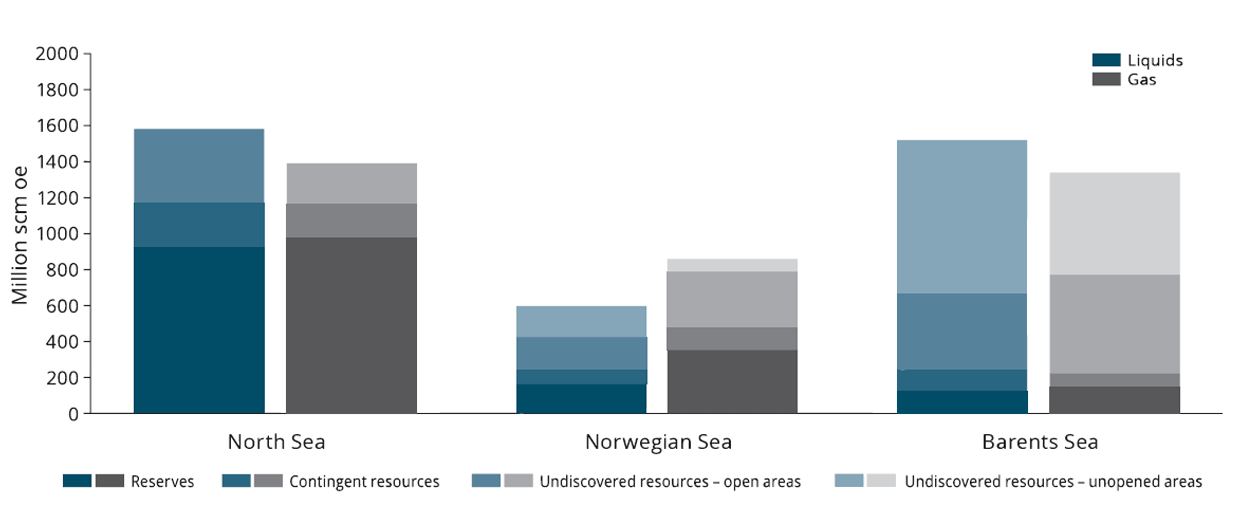
Requires time
It is an ambitious goal that the companies have set themselves. Because they must find large gas resources to enable the development of transport infrastructure.
Mustad also emphasized that distance to infrastructure is crucial for profitability – new gas discoveries should be made near developed fields or upcoming developments. The Lupa gas discovery, made by Vår Energi and partner Aker BP in 2022, is a good example in this respect.
The occurrence was detected on the Finnmark platform and was the largest discovery on the NCS in 2022 with 57 – 132 million barrels of oil equivalent. Mustad could not give a concrete figure on how many discoveries must be made and what the minimum size should be, but he was clear that today’s known gas resources are far from sufficient. “We must therefore find more “Lupas” in the coming years”, he said.

